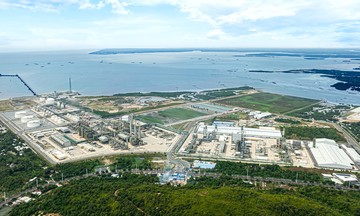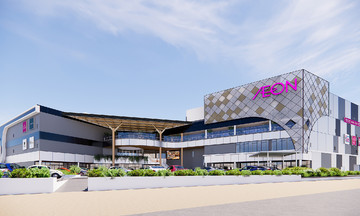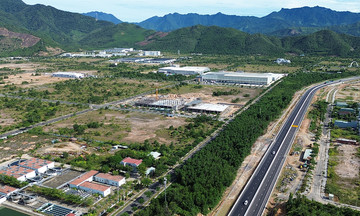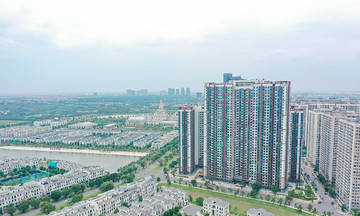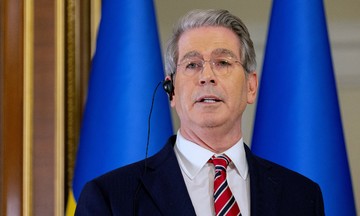During his visit to South Korea, Party General Secretary To Lam visited Busan port in Busan city on 13/8. He expressed his admiration for Busan port's organization, management, and development goals.
"It's a cargo transit hub with a comprehensive logistics ecosystem, driving the development of physical and digital infrastructure, integrating science, technology, and national strategy with market capacity," he said.
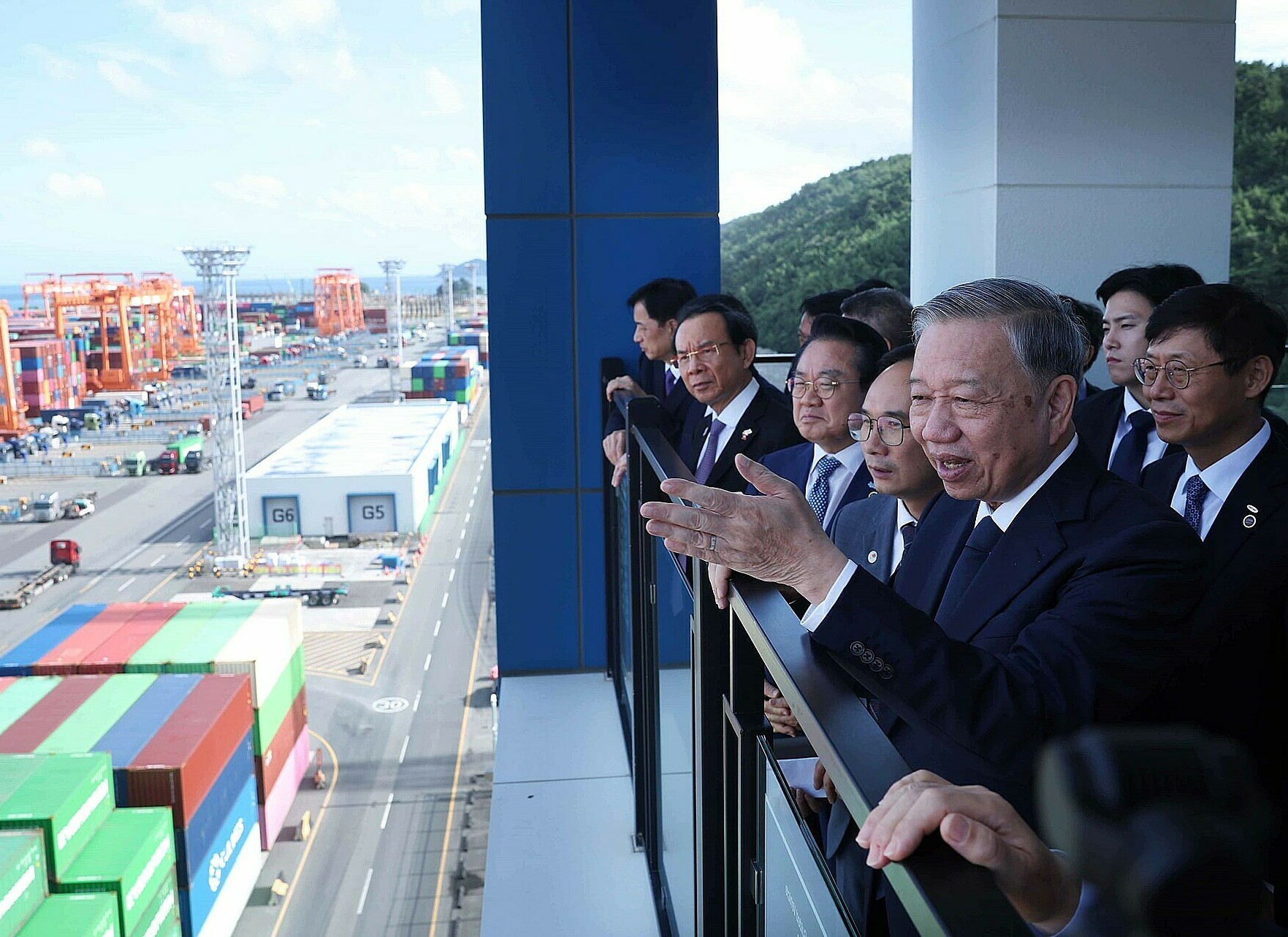 |
Party General Secretary To Lam visits the automated DGT (Dongwon Global Terminal Busan), one of the newest container terminals at Busan port - South Korea's largest seaport, on 13/8. Photo: TTXVN |
Party General Secretary To Lam visits the automated DGT (Dongwon Global Terminal Busan), one of the newest container terminals at Busan port - South Korea's largest seaport, on 13/8. Photo: TTXVN
Vietnam is integrating more deeply into the global economy. According to the General Secretary, South Korea's success, particularly Busan port's practical experience, offers valuable lessons for Vietnam to develop its own strategies.
As a maritime nation centrally located in Southeast Asia, Vietnam aims to develop modern port clusters using digital technology, operating under green and environmentally friendly standards, and connecting with international economic corridors and logistics networks.
Several port clusters planned in the north and south are envisioned as international transit hubs, capable of handling large vessels, supporting global supply chains, and connecting Southeast and Northeast Asia.
The General Secretary expressed interest in Busan port's development strategy, desiring increased cooperation between Busan and Vietnamese ports. He also requested support in training Vietnamese engineers and port operation experts, who will form the foundation for future collaboration.
He hopes relevant agencies from both countries will continue to cooperate, opening a new chapter for stronger Vietnam-South Korea relations based on connection and shared prosperity.
Busan is currently the world's 6th largest container port and the second largest container transshipment hub, acting as a trade center between ports on the west coast of Japan and northern China. The port operates hundreds of fixed container ship routes weekly, connecting with over 100 countries. Busan is equipped with 4 modern harbor terminals: North, South, Dadaepo, and Gamcheon.
According to the Busan Port Authority, the city aims to develop the port into the center of the logistics and maritime industry in Northeast Asia.
South Korea inaugurated Busan Port's fully automated terminal in 4/2024 and is expanding the smart port model to other locations. The South Korean government supports the port sector by developing technology and expanding the national smart port network. This ensures supply chain stability and competitiveness amidst the global trend of smart port development.
Phuong Dung







